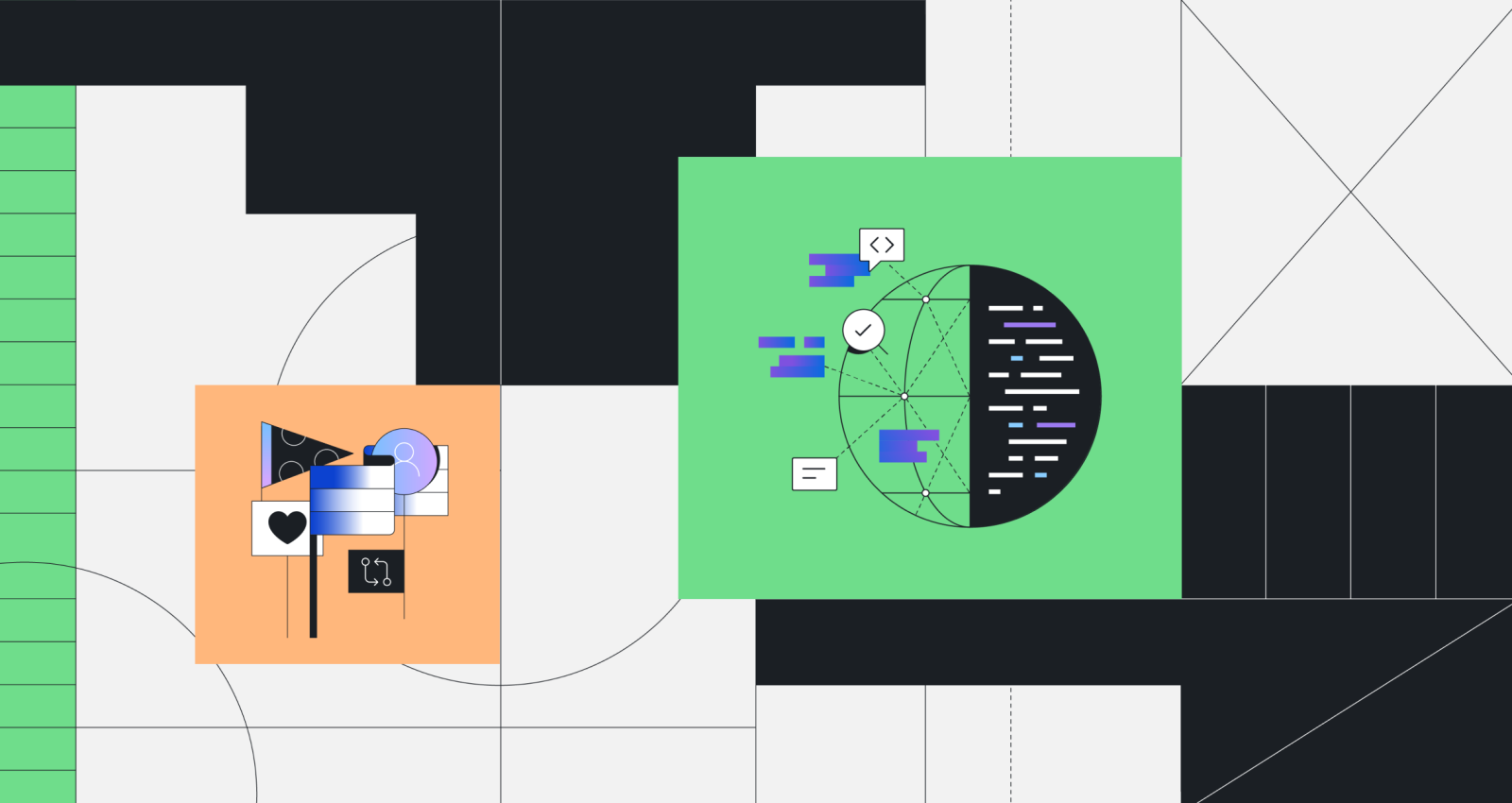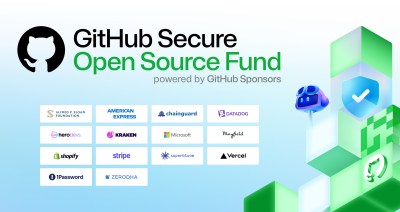At GitHub, our goal is to build a platform and galvanize an open source community that everyone can be a part of and make meaningful contributions. The future of software development is collaborative and equitable, made up of amazing people from diverse backgrounds and experiences who work together to advance society through open source technology.
To realize this future, we must start with skilling. We are driving a holistic skilling strategy that will not only ensure that schools, teachers, and students adopt next level development tools, but that the barriers to entry into tech are lowered, allowing anyone to take part regardless of their background. Through programs like Global Campus and All In for Students, GitHub is working to skill future developers by providing training and education opportunities for individuals and organizations to learn about open source and how to contribute to it.
This work will attract more people into open source, but we also have to ensure that we keep them there. Our newest program, All In for Maintainers, is a collaboration with developers on our platform to ensure that when we introduce people into open source and to GitHub, that they are met with a warm, welcoming and nurturing environment for them to do the best work of their lives.
One of the goals of GitHub Social Impact is to advance diversity, equity, and inclusion (DEI) within open source. To effectively skill for the future of software development, we must start by understanding and addressing gaps that exist for underserved communities. GitHub has committed to skilling 5,000 people in open source from underrepresented backgrounds in tech within the next three years. We will empower those community members to access the technology and skills required for them to engage in the digital future and become a part of the growing developer ecosystem.
We will not do this alone. Working together with corporate partners, nonprofits, universities, and key stakeholders will help bridge the gap between skilling and resources. This collaboration will create the equitable solutions necessary for a community full of diverse perspectives, ideas and experiences, which will lead to more innovation and human progress.
There’s a lot of skilling work happening across GitHub, but I wanted to provide a closer look at a few initiatives my Social Impact Team is working on this year. In the coming months, our team will be launching All In for Maintainers and expanding All In for Students, two programs we’ve developed with partners within the open source community as part of our efforts to open source diversity, equity, and inclusion.
During our 2021 Maintainers Listening Tour, we learned that maintainers and community leaders are largely responsible for setting the tone for a culture of inclusion within open source communities. That’s why this February, we’re launching the first part of a comprehensive program that will provide resources, training and direct technical assistance to maintainers who want to advance inclusion within their communities. Maintainers shared that most suggestions to advance diversity and inclusion are very manual and labor-intensive. Through this program, we will provide freely available tooling that will aid maintainers to automate key processes, such as accessibility audits, community hospitality techniques, code of conduct analysis, and inclusive language scans, as well as provide programming that can aid in attracting and maintaining contributors of diverse backgrounds. Stay tuned to learn more about future initiatives for this community.
All In for Students is an online program for tech students from underrepresented backgrounds that provides open source education, training, and internship opportunities. We seek to lower barriers to access and provide an on-ramp and clear pathways to success for future developers from marginalized communities. We also address infrastructure challenges, such as inequities in course curriculum, and challenges to access, such as lack of reliable internet connectivity or cost to connect to the internet.
Last November, we shared an update of how we’re scaling the program since our pilot launched in 2021 to reach more students and we’re happy to share that we have already reached our targets! To date, we have over 300 students in the 2023 cohort (up from a graduating class of 30 students in 2022), and we’ve increased our partner schools from 7 to nearly 90 schools, primarily Historically Black Colleges and Universities, Hispanic Serving Institutions, and Community Colleges. As students will be in the middle of the internship application process in the coming months, we’re focusing on:
- Preparing students for career opportunities during economic uncertainty. This will include interview preparation, detailed resume reviews, and 1:1 mentorship opportunities to ensure we instill the confidence needed for these students to secure an internship.
- Providing collaborative experiences in open source skilling through virtual and regional hackathons with partners, such as NASA, Red Hat, Microsoft, and more.
- Celebrating the achievements of the students who successfully complete the course curriculum and requirements at their virtual graduation ceremony this April. Follow us on LinkedIn to learn more details in the upcoming weeks as we’d love to have you join in the virtual graduation to honor our graduates.
If you would like to learn more about All In for Students or All In for Maintainers, please visit the All In website. We also welcome you to explore our other great Social Impact programs, which empower nonprofits and the greater social sector to drive positive and lasting contributions to the world.
If you’d like to explore additional ways GitHub is preparing the next generation of developers with tooling, resources and more, visit GitHub Education. You can find details about GitHub Global Campus that works to help students, teachers, and schools access the tools they need to shape the next generation of software development.



